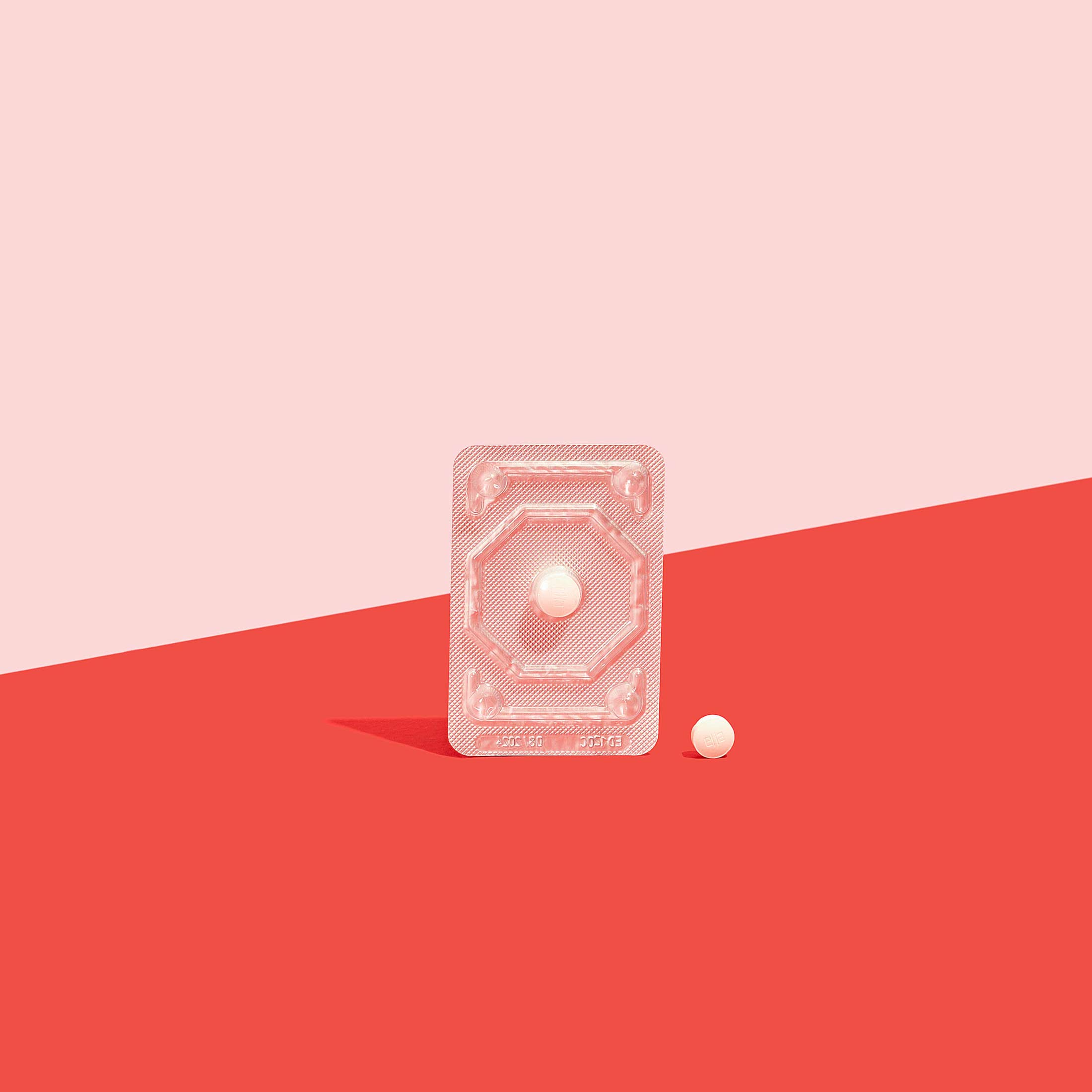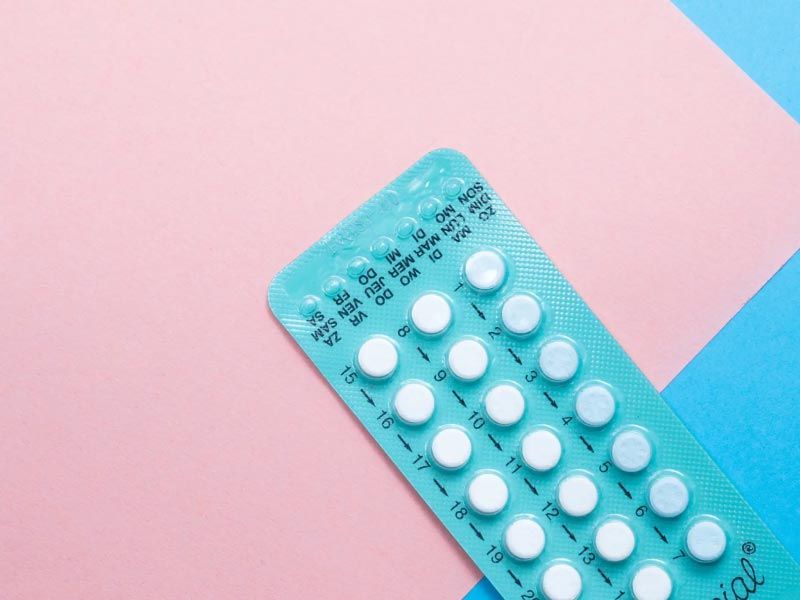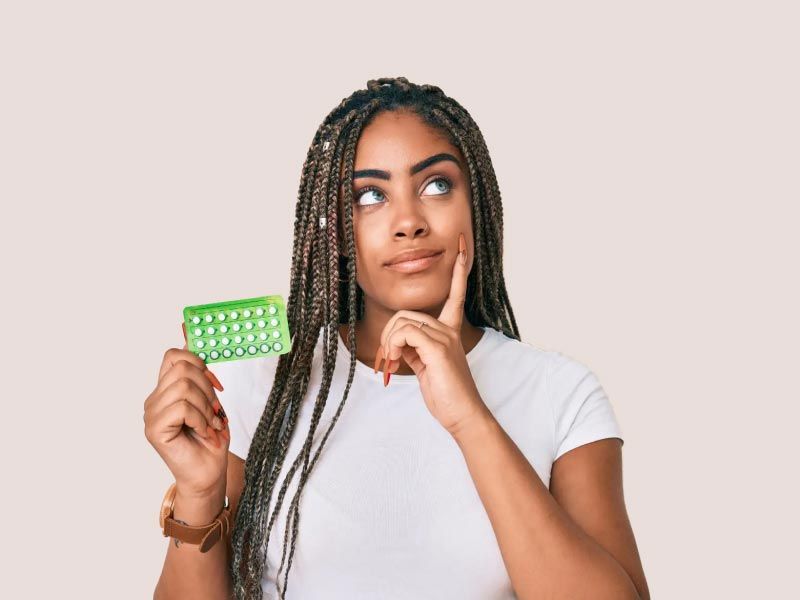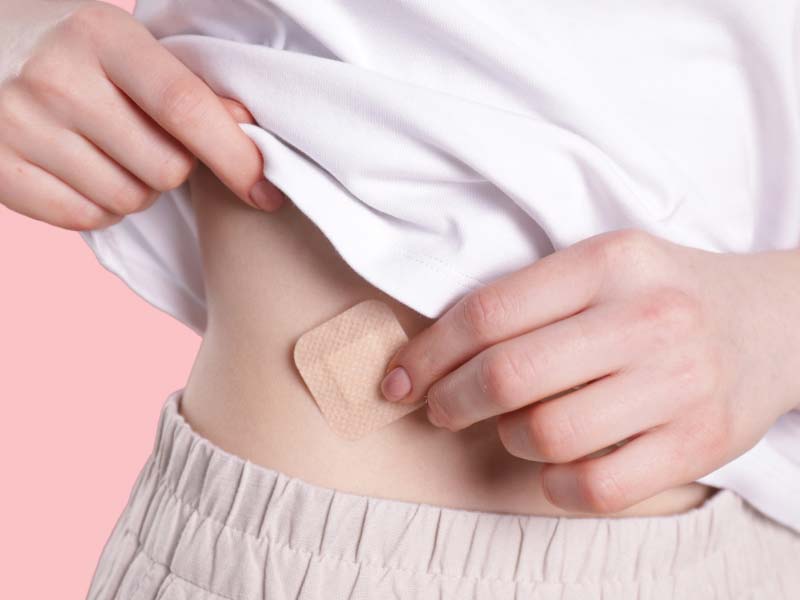
Ask A Doctor: Birth Control and Emergency Contraception
By Dr. Laura Purdy, M.D.
May 12, 2021
You’ve got questions, we’ve got answers. In this edition of Ask A Doctor, Dr. Laura Purdy, M.D. is answering your frequently asked questions about two different—but related—topics: Birth Control and Emergency Contraception.
As of 2019, the CDC reports that about 14% of women aged 15-49 in the US use an oral contraceptive pill. In a 2013 study, the CDC also found 1 in 9 sexually experienced women aged 15-44 have used emergency contraception (Plan B). If you use either of these contraception methods, or are interested in learning more, the Wisp medical team is here to help.
If you have a question about Birth Control or Emergency Contraception treatment that is not listed below, send us a message on Instagram and we'll add it to the list!
Q: I’ve had a very light period (only requiring a panty liner) since recently starting a new birth control. Is it normal to have a lighter period after switching to new birth control?
Absolutely. Birth control pills affect everyone differently, but one common side effect is a much lighter period. Some patients find their period disappears altogether! This side effect is perfectly safe and will not impact your health or fertility in the long run — enjoy the break from your period!
Q: I am experiencing large amounts of bleeding with this pill! What should I do?
Oh no! Heavy periods can be uncomfortable and disruptive to your life. If you find yourself dealing with heavy bleeding, or a period that just won’t stop, you can consider switching to a pill with higher levels of progesterone. Increasing the dose of progesterone in your pill can signal to your body and tell it to stop bleeding. Make sure to consult with your medical provider about what the best options are for you.
Q: I just started birth control and I am experiencing bloating and sore breasts, is this normal?
Yep! Birth control works by changing your body’s hormone profile to prevent you from ovulating. Hormonal changes have big impacts on your body and how you feel (anyone who’s experienced PMS knows this!). It can take 2-3 months for you to adjust and for side effects to subside. If your side effects continue and you’re finding them too much to handle, you can talk to your medical provider about trying a different type of birth control pill.
Q: Does birth control cause weight gain?
It’s possible. Any form of birth control that contains estrogen can cause weight gain. However, before going off the pill or switching methods, it’s important to rule out other possible lifestyle causes like stress, fluctuations in diet and exercise, or changes in your sleep schedule. All of these factors can contribute to weight gain. If you still think it’s your birth control pill, you can talk to your medical provider about switching to a different pill or trying a different method of contraception.
Q: I just changed my birth control and I am experiencing bleeding and cramping. Is this normal?
Unfortunately, yes. Your body may be reacting to the different hormones in this pill, or the change from one pill to another. While this reaction is normal, it’s definitely not fun to go through. Try to give your body 2-3 months to adjust to the new pill. If you’re still experiencing unpleasant side effects after this time, you can talk to your licensed medical provider about switching or trying a different method. If you feel your bleeding and cramping are severe, it’s best to visit a licensed medical provider in person so they can advise you further.
Q: Does birth control kill libido? I’ve noticed my libido is decreasing since I started birth control…is there anything I can do for this?
This is a frustrating side effect of birth control many women report experiencing, especially if you’ve gone on birth control to have more sex! But don’t worry, we’re here to help! If you have a birth control subscription through Wisp, you can access 2 free quarterly consults through your Patient Dashboard. If you’d like to use one of these consults to talk to us about low libido, we can discuss what treatment is available and how to get back to feeling like you! If you’ve already used both consults, you can upgrade to unlimited consults for $10/month, or select a one-time consult to discuss any change in your sexual health.
Q: How often can I take Ella?
Ella is a powerful medication and should only be taken once per menstrual cycle. Don’t rely on ella or Plan B for everyday contraception. Emergency contraception works best when reserved for emergencies!
Q: I am currently on the pill and I had unprotected sex. Is ella ok to take or should I use Plan B?
You don’t need to use either if you have been taking your pill regularly — it’s 99% effective when used perfectly and 91% effective when you account for human error. If you do want to use emergency contraception, Plan B is the better option. Taking ella with another form of hormonal birth control (the pill, patch, ring, or shot) can make both methods less effective. If you take Plan B, discontinue your birth control pill until your next period.
Still have questions? You can always message your licensed medical provider from your Wisp account! You can also learn more about birth control options and emergency contraception. Stay curious!

Ella® Emergency Contraception
$44
Take Ella as soon as possible, but within 120 hours (5 days) of unprotected intercourse or contraceptive failure. Ella is pick-up only - order after contraceptive failure!

Levonorgestrel (Generic PLAN B)
Starting at $12.50
Take Levonorgestrel as soon as possible but within 72 hours (3 days) of unprotected intercourse or contraceptive failure. Delivery only - order ahead of time!

Yaz® Birth Control (generic)
Starting at $15
Similar to: Gianvi, Jasmiel, Lo-Zumandimine, Loryna, Nikki, Vestura



